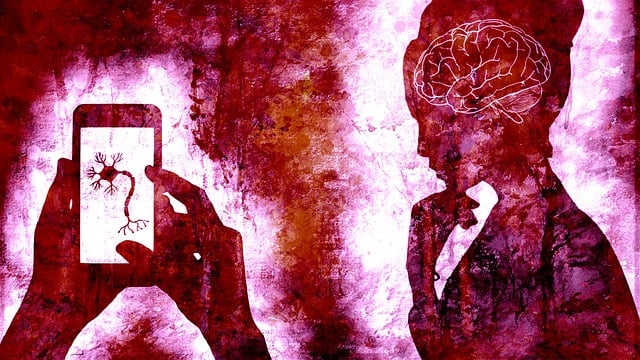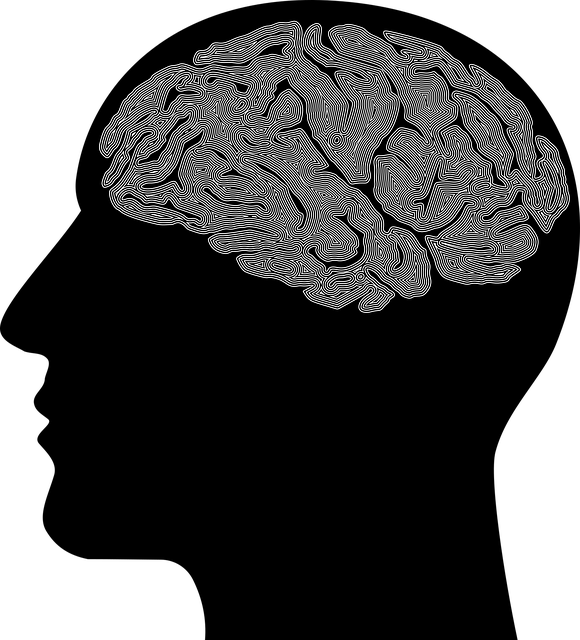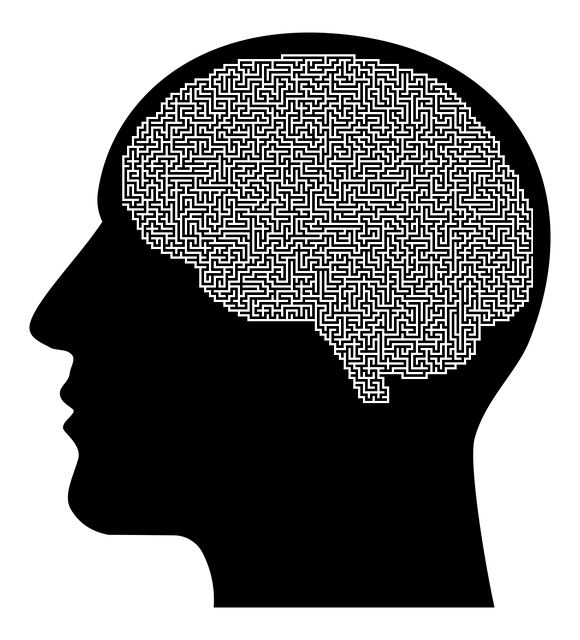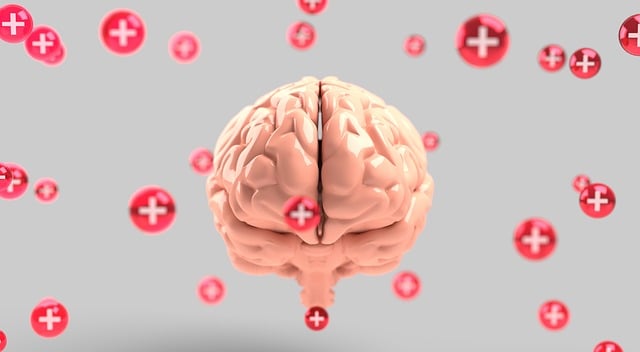Cultural barriers, particularly language differences and differing mental health beliefs, impede accurate diagnosis of mental illness in diverse communities, especially for Spanish-speaking individuals. The Golden Spanish Speaking Therapy approach is groundbreaking, providing culturally sensitive care through specialized therapists who communicate in Spanish and build trust. Enhancing healthcare professional training in this method, along with initiatives like Self-Care Routine Development and Trauma Support Services, improves diagnosis accuracy and creates inclusive, effective mental health support systems. Early intervention, including these comprehensive programs, encourages early recognition of mental illness and open communication, bridging the gap for Spanish-speaking communities often overlooked by traditional services.
Mental illness diagnosis accuracy has long been a topic of concern, with cultural barriers playing a significant role. This article explores targeted efforts to improve diagnosis reliability, focusing on the unique challenges within diverse communities. We delve into strategies such as Golden Spanish Speaking Therapy, an innovative approach transforming mental health care accessibility for Spanish-speaking individuals. Additionally, we discuss enhanced training for professionals and the critical importance of early intervention and community support in promoting accurate diagnoses and improved patient outcomes.
- Understanding Cultural Barriers to Diagnosis
- Golden Spanish Speaking Therapy: A Transformative Approach
- Enhancing Training for Mental Health Professionals
- Promoting Early Intervention and Community Support
Understanding Cultural Barriers to Diagnosis

Many cultural barriers can impede accurate mental illness diagnosis, particularly within diverse communities. Language acts as a significant hurdle; for Spanish-speaking individuals, finding therapists who offer Golden Spanish Speaking Therapy is crucial for accessible and effective treatment. This specialized therapy ensures that patients receive care in their primary language, fostering trust and open communication. Barriers extend beyond language, however. Cultural nuances, such as beliefs about mental health and help-seeking behaviors, can differ vastly among ethnic and racial groups.
Understanding these cultural contexts is essential for improving diagnosis accuracy. Professionals must be trained to recognize and appreciate the unique presentation of mental illness across diverse populations. This involves embracing Self-Care Routine Development for Better Mental Health as a tool to build resilience within culturally specific communities. Moreover, integrating services like Trauma Support Services that address historical trauma and its impact on mental wellness is vital in creating inclusive and effective support systems.
Golden Spanish Speaking Therapy: A Transformative Approach

In recent years, a transformative approach known as Golden Spanish Speaking Therapy has emerged, aiming to revolutionize mental health care within the Spanish-speaking community. This innovative therapy goes beyond traditional treatment methods by incorporating cultural sensitivity and language accessibility at its core. By fostering an environment that mirrors the patient’s linguistic and cultural background, therapists utilize Golden Spanish Speaking Therapy to enhance mood management and significantly improve diagnosis accuracy for this often underserved demographic.
The approach places a strong emphasis on building empathy between therapist and client. This is achieved through specialized training in cross-cultural communication and advanced risk assessment techniques tailored for mental health professionals. By understanding the nuances of different cultural perspectives, therapists can more accurately interpret symptoms and provide personalized treatment plans. As a result, this method not only improves the quality of care but also strengthens the therapeutic bond, ultimately leading to better outcomes for Spanish-speaking individuals seeking mental health support.
Enhancing Training for Mental Health Professionals

The journey towards improving mental illness diagnosis accuracy begins with empowering mental health professionals. Enhancing their training is a multifaceted approach that includes exposure to diverse cultural contexts and language skills, particularly focusing on the Golden Spanish Speaking Therapy method. This strategy ensures that healthcare providers can effectively communicate with a broader patient population, understanding unique cultural nuances that may influence symptoms and expression of mental distress.
By integrating comprehensive training programs, mental health professionals gain insights into the impact of culture, socioeconomic factors, and immigration experiences on mental wellness. This knowledge equips them to conduct thorough assessments, consider alternative presentations of disorders, and tailor interventions for optimal effectiveness. Ultimately, investing in enhanced training contributes to a more inclusive and culturally sensitive mental healthcare system that addresses the needs of all individuals, regardless of their linguistic or cultural background.
Promoting Early Intervention and Community Support

Early intervention plays a pivotal role in improving mental health outcomes, and one effective strategy is to enhance support within communities, especially for diverse populations such as Spanish-speaking individuals. Many mental health services often overlook this demographic, leading to delays in diagnosis and treatment. To address this gap, healthcare providers can facilitate access to care by offering Golden Spanish Speaking Therapy, ensuring culturally competent practices that cater to the unique needs of this community.
Implementing community outreach programs focused on mental health awareness can foster an environment where individuals feel comfortable seeking help. Educating communities about common signs and symptoms of mental illness encourages early recognition. Moreover, training healthcare providers in cultural competency helps bridge the gap between diverse patients and services, promoting positive thinking and a supportive atmosphere that facilitates open communication and accurate diagnoses.
Mental illness diagnosis accuracy has been a topic of growing importance, especially with the diverse population in today’s society. By addressing cultural barriers through initiatives like Golden Spanish Speaking Therapy, which offers a transformative approach for underserved communities, we can significantly improve diagnostic practices. Enhancing training for mental health professionals and promoting early intervention alongside community support are pivotal strategies to ensure accurate diagnoses and effective treatment plans. These efforts collectively drive us towards a more inclusive and equitable mental healthcare system.














